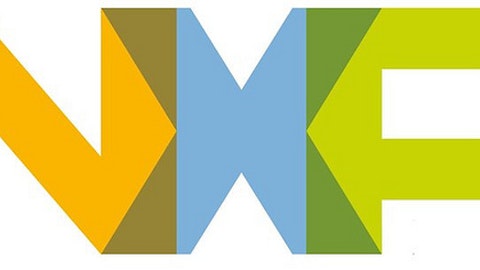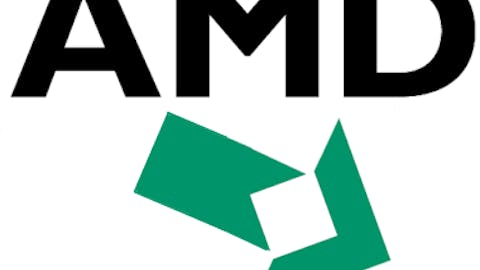Texas Instruments Incorporated (NASDAQ:TXN) designs and manufactures semiconductor chips for designers around the globe. It functions through four segments: analog, embedded processing, wireless, and other.
In line with the decision to exit the volatile mobile computing segment, it closed its OMAP unit for smartphones and tablets last year. The result was a more focused company and a 27% gain . The company declared its 2Q13 results last month, and it became evident that the decision to exit from mobile computing is paying off.
Impressive performance
Texas Instruments Incorporated (NASDAQ:TXN)’s revenue increased 6%, sequentially, or 8% if legacy wireless revenue is excluded. On a consolidated basis, sales declined 8.6% from the year-ago level to $3.05 billion. The sequential growth in revenue was assisted by the company’s strong performance in the industrial and automotive markets.
Earnings increased from $446 million to $660 million, or $0.58 per share. This included a component of $0.16 per share that resulted from the sale of wireless assets. Also, the company’s book-to-bill ratio was a healthy 1.03, which means that order inflow is strong.
Looking forward
As a result of encouraging 2Q13 results, Fitch has lifted its outlook on Texas Instruments Incorporated (NASDAQ:TXN) to “stable.” In addition, it also believes that the company will benefit from cost reductions stemming from its wireless exit.
Texas Instruments Incorporated (NASDAQ:TXN)’s orders grew 6%, sequentially, in the previous quarter. This is a healthy sign and, given the fact that the automotive industry is on a rolland there’s strong demand for industrial segment products, the future of these two segments looks good. Texas Instruments Incorporated (NASDAQ:TXN) earned 35% of its revenue from these two segments, which is one of the reasons investors should be bullish about the company’s prospects. Car sales have been surging in the U.S. and, as more cars come with advanced in-car infotainment, navigation, and other technology, the demand for Texas Instruments Incorporated (NASDAQ:TXN)’s chips will increase.
Car sales in July surged to pre-crisis levels of 2007. According to the Wall Street Journal, this momentum is expected to continue on the back of an upswing in construction and energy exploration, while low interest rates provide a further boost. Texas Instruments stands to gain from growing auto sales.
The industrial outlook in the U.S. is also improving. According to the Manufacturers Alliance for Productivity and Innovation, industrial production in the U.S. is expected to increase 3.1% this year, up from the earlier forecast of 2.2% in March 2013. Growth is expected to accelerate further in 2014, reaching 3.6%. These factors bode well for Texas Instruments.
Over the past 12 months, the company has paid $971 million in dividends, which is 34% of free cash flow. It has also repurchased $2.6 billion worth of shares. The company is doing well returning cash to shareholders, and it is expected that this will continue going forward.






